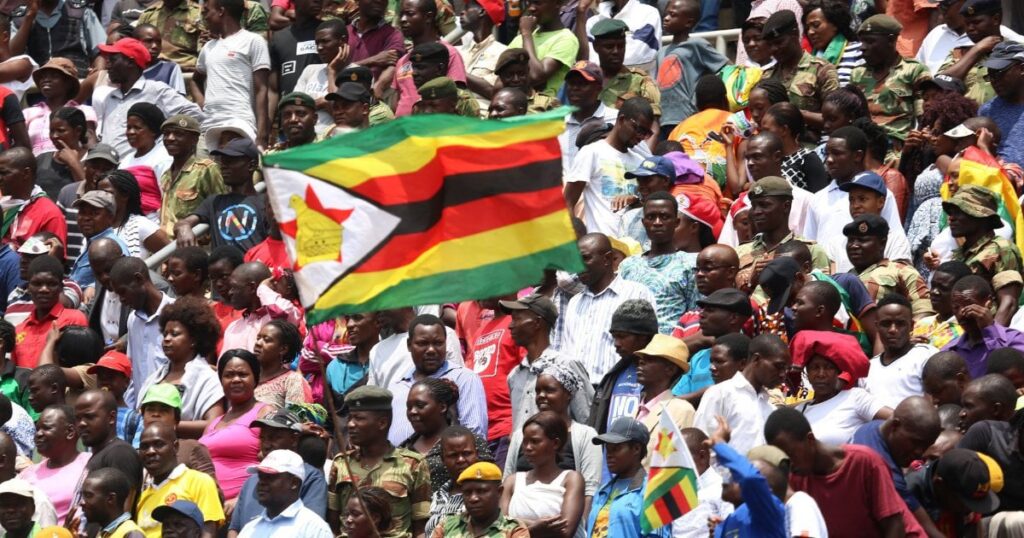Exploring Zimbabwe’s History: Top 10 Landmark Dates Since Independence
Zimbabwe, a nation with a rich and tumultuous history, has witnessed numerous pivotal moments since gaining its independence. From political upheavals to economic challenges and social movements, these significant dates have shaped the trajectory of the country. Join us as we delve into the top 10 defining moments in Zimbabwe’s history since its independence, providing a deeper understanding of its past and how it has evolved over time.
1. 1980: A New Dawn of Independence
In April 1980, Zimbabwe emerged from the shadows of colonialism to become an independent nation. The euphoria of liberation marked a turning point in its history, as citizens embraced their newfound sovereignty.
2. 1987: The Unity Accord
In a bid to unite rival factions and consolidate power, President Robert Mugabe and PF-ZAPU leader Joshua Nkomo signed the Unity Accord. This agreement aimed to forge national unity and put an end to political violence.
3. 2000: Controversial Land Reforms
Land reforms that began in 2000 sought to address historical injustices stemming from colonial-era land ownership disparities. These reforms, however, sparked controversy and led to economic challenges in the following years.
4. 2008: Political Turmoil and Unity Government
The year 2008 brought both political turmoil and a glimmer of hope. Despite a devastated economy and hyperinflation, the formation of a government of national unity, with Morgan Tsvangirai as Prime Minister, offered a glimpse of stability.

5. 2017: Mugabe’s Resignation
After 37 years in power, Robert Mugabe’s resignation marked a seismic shift in Zimbabwe’s political landscape. The change was driven by pressure from the army and paved the way for new leadership.
6. 2018-2019: Protests and Repression
Amid economic challenges and rising costs of living, protests erupted in 2018. These demonstrations, which escalated in early 2019, were met with violent repression, raising concerns about human rights abuses.
7. 2020: The Impact of COVID-19
The global pandemic of 2020 had far-reaching effects on Zimbabwe, exacerbating existing challenges. The country’s response to the crisis shed light on its healthcare system and socio-economic vulnerabilities.
8. 2022: Launch of Opposition Coalition
Nelson Chamisa’s launch of the Citizens’ Coalition for Change (CCC) in 2022 aimed to create a united front against the ruling party. The lead-up to the August elections was marred by crackdowns on dissent and opposition activities.
9. Economic Shifts and Challenges
Throughout its history, Zimbabwe has faced economic highs and lows. From hyperinflation to attempts at stabilization, the country’s economic journey has been marked by resilience and adaptation.
10. A Hopeful Future
As Zimbabwe looks ahead, the nation grapples with its complex past while striving for a more prosperous future. With a younger generation driving change and advocating for progress, the trajectory of the country remains uncertain yet full of potential.
In summary, Zimbabwe’s history since gaining independence is a tapestry woven with moments of triumph, struggle, and transformation. These 10 landmark dates provide a glimpse into the nation’s evolution, shedding light on the factors that have shaped its identity and aspirations.
Whether reflecting on the unity government of 2009, the resignation of Mugabe in 2017, or the ongoing challenges faced by the opposition, Zimbabwe’s journey continues to be one of resilience and hope. As we delve into these pivotal dates, we gain a deeper appreciation for the complexity and significance of Zimbabwe’s history and the path it treads toward a brighter future.


